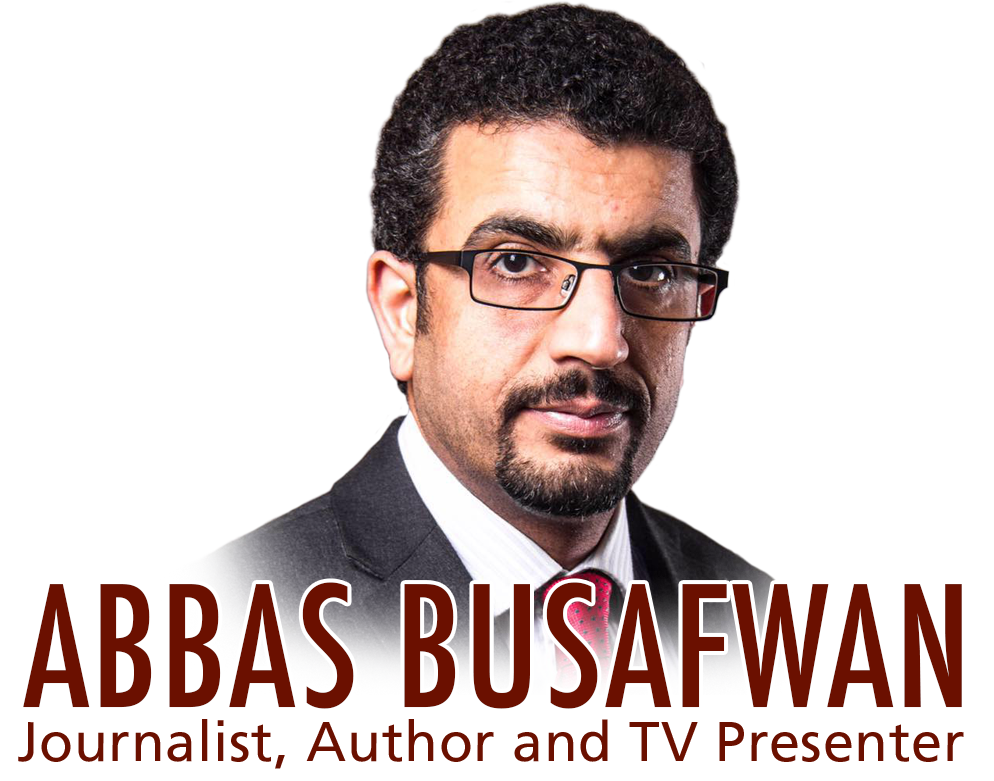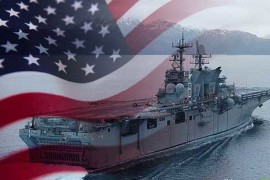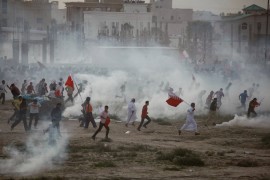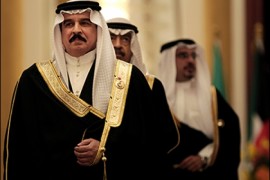In the GCC summit held in Doha recently, leaders approved the establishment of an Interpol for Gulf countries which will be based in Abu Dhabi. They called it “maintenance of internal security” but they failed to form a unified military command, a force which was approved at the GCC summit held in Kuwait in 2013. Al-Raya, a Qatari newspaper, has written in its issue on the day of the summit (Tuesday, December 9, 2014): “The summit will result in an agreement to form a joint military command for the armies of GCC countries based in Riyadh”.
This is a single reason among many others that allows me to biasedly say that the increase in the Western military presence in the Gulf symbolises a need for the small “collectors” club against the growing internal and external challenges. I believe that internal challenges are the greatest and this is what makes the six countries (Saudi Arabia, Oman, Kuwait, Emirates, Qatar and Bahrain) succeed in the declaration of a unified police command (Interpol) but fail to form a unified military command, although the Gulf authorities are trying to minimize this failure by stating that the announcement of this command is under consultation. (Al-Hayat, a London-based newspaper on December 10, 2014).
Last March, Egyptian military units participated in maneuvers hosted by the United Arab Emirates, and at that time reports talked about the desire of the GCC in the annexation of Jordanian and Moroccan troops, and possibly Egyptian troops as well to the Peninsula Shield Force, which is intended for external defense missions. However, the actual tasks of this force became apparent in 2011, when it was dragged in the internal Bahraini issue.
Given the fact that the Council had announced its desire to include Amman and Casablanca in the undefined hexagonal entity in 2011, internal concerns behind an approach of this kind is growing here, given what resulted in demonstrations of the so-called Arab Spring which included unprecedented disturbances to the Gulf monarchies in addition to Jordan, and in a lesser scope Morocco.
The Gulf’s call was viewed as a desire from Saudi Arabia and the other five countries to protect the remaining Arab monarchies against what was believed to be a torrential outpour of people.
All of the available facts confirm that Iran is not related whatsoever to provoking the situation in Tunisia, Egypt, Yemen, or Bahrain. Oil-producing countries feared the occurrence of dramatic changes in the government structure of these countries, and they have taken a series of military, political, and economic measures for the protection of the governments of the affected countries.
In Yemen, Gulf countries announced an initiative to reiterate the rule of Ali Abdullah Saleh, in Bahrain they sent the Peninsula Shield Forces to kill protestors at the Pearl Roundabout, while in Egypt they encouraged the military institution to carry out a military coup which led the country into a dark phase that is hard to recover from.
The Gulf era, where huge financial wealth is present amid wide Arabian poverty, has been associated with the ingression of Arab countries in devastating internal conflicts. The Gulf countries have led the destruction of both Syria and Libya, and previously Iraq. It is feared that Egypt might be their next goal although Cairo is actually in jeopardy.
If the unified Gulf military force is established, we do not expect that it will abide by a written charter: governments would not practice oppression against their own people and would devote the forces to defend boundaries of the six countries of any presumed external aggressions. Our previous experience with the Peninsula Shield Force reveals the real the objectives behind this unified force, especially that the Gulf forces are fragile compared to the Iranian army, which is the intended reason when Gulf countries refer to external danger, whether it was imminent or potential.
With these prevailing circumstances, Bahrain has recently announced its intention to host a new British base, with a budget provided by Manama, of about $ 23 million, which is the cost of constructing the base. It does not seem likely, however, that the British will pay an annual rent for the base.
In fact, the British economy had not improved since 1968, when the Labour government announced its troops withdrawal from the east of the Suez. The economy is thus suffering from serious challenges and Cameron’s government had previously mentioned the need to reduce spending in the coming years.
Believing in something does not make it right. And this is evident in theorizing the British permanent presence in Bahrain which is an idea espoused by the King, who had said more than once that the Al Khalifa family did not ask the British to leave the island about forty years ago, and perhaps he wanted to add that they should return to where they were.
The Gulf dictators chose several strange decisions to get out of their domestic predicament, not including a waiver to their people. However, they engaged militarily in Syria and Libya (most of the Gulf states), naturalised strangers in a way that changes the demographics of the country (Bahrain), established American and British military naval bases, and hosted the Royal Saudi Guards, the UAE police, the Jordan gendarmerie as is the case of Bahrain.
So far, the Gulf regimes did not plummet but the countries’ wealth have dissipated, while the internal and external threats continuously heat up just like coal burning under the ashes.




